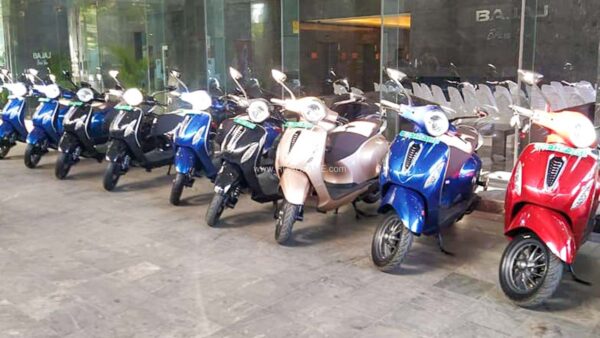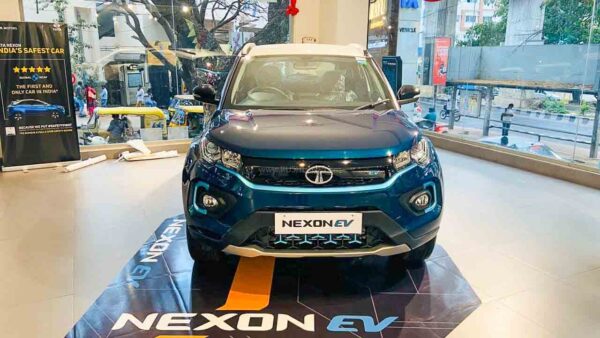
The draft notification proposed by the Ministry of Road Transport and Highways (MoRTH) is open for comments from public and stakeholders within 30 days
Government of India has been vigorously pushing towards adoption of electric vehicles in the country over the last few months. From concession on road tax for consumers and added concessions for local battery and components manufacturers in India, the Central Government has been pushing hard to adopt cleaner sources of power in automobiles.
As per the latest development, the government has drafted a proposal that exempts all battery-powered vehicles from registration charges in a bid to promote electric mobility in the country. This development comes at a time when demand for electric vehicles and transition to cleaner sources of mobility is slowly gathering momentum in India.
More Details
While issuing a draft notification, the Ministry of Road Transport and Highways (MoRTH) has proposed to exempt all Battery Operated Vehicles (BOV) from payment of fees for registration of a new vehicle as well as renewal of registration.
It also mentions exemption of fees for the assignment of a new registration mark. A copy of the above notification draft has been uploaded on the road and transport ministry’s official Twitter handle.

The notification further stated that comments from the general public and all stakeholders have been sought within 30 days from the date of issuance. The draft proposes an amendment to Rule number 81 of the Central Motor Vehicles Rules, 1989 which states the various fees chargeable to consumers including issue and renewal of trade certificate for vehicles, issue of registration certificates, transfer of ownership and more.
Speaking of registration of EVs, India sees higher cases of registration of vehicles running on three wheels, although two-wheelers have also gained prominence ever since new EV brands have come into picture.
If this proposal is implemented, more customers will be drawn into buying EVs. This will help increase the demand for EVs in India which will, in turn, prompt manufacturers to make batteries in India thereby reducing the cost of battery manufacturing.
EVs in India
At present, building batteries requires huge capital for all manufacturers which forms the bulk of the final cost of an EV. Two wheeler segment is led by the likes of Okinawa, Ampere, Hero Electric, Ather, Bajaj Chetak, TVS iQube and many others. The passenger vehicle segment in India, as of now, has very few options when it comes to cleaner sources of power. Tata Motors has two in the form of Tigor EV and Nexon EV which serve as entry-level models.
Going higher in the segment, there Hyundai Kona electric and MG ZS EV, both electric crossovers which are locally assembled in India. Apart from this luxury marques such as Mercedes Benz and Jaguar have launched their EV lineup with EQC and I-Pace respectively. Other makers such Audi and Volvo will also be launching new EVs in India in the coming few months.

